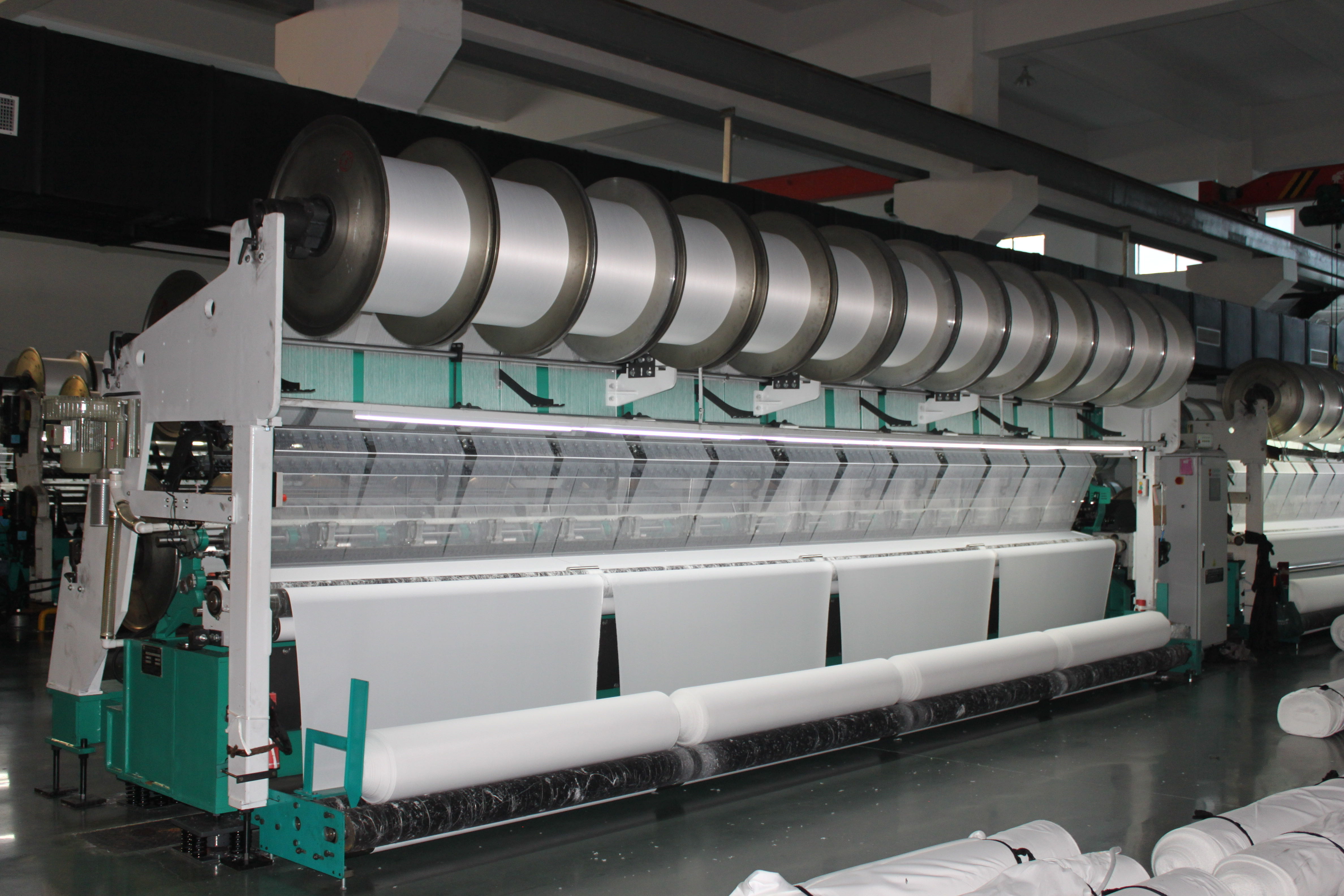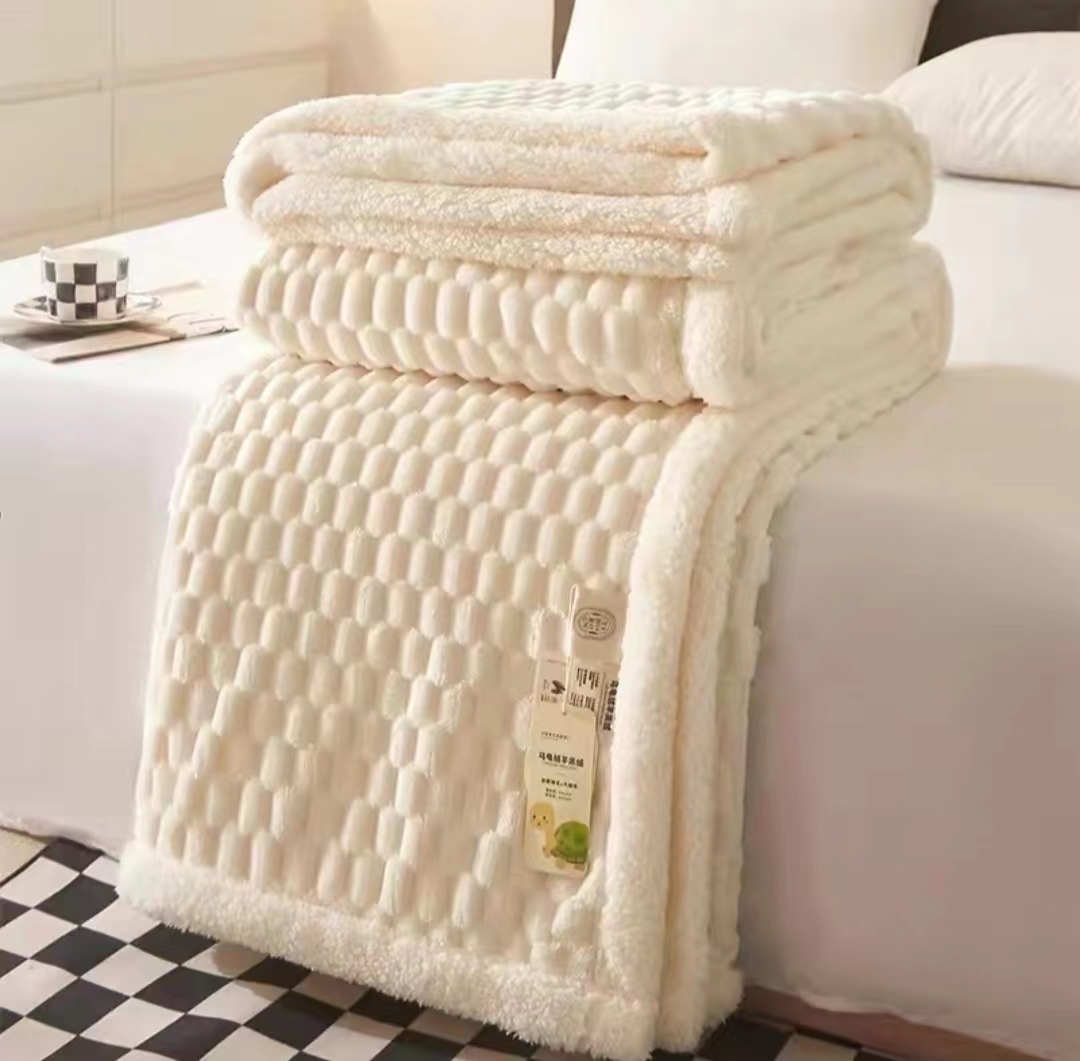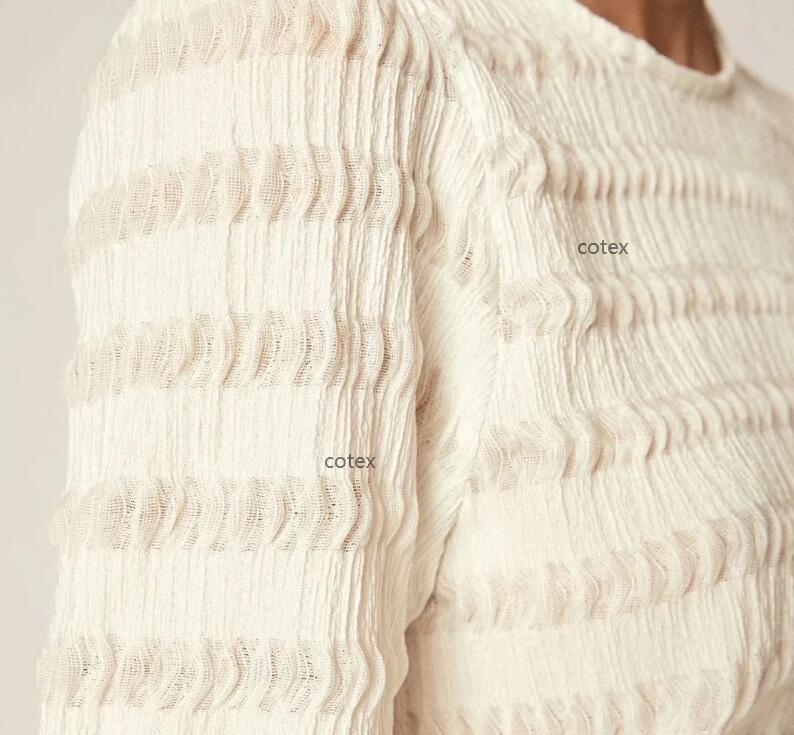Warp Knitting Machine Application Warp knitting machines are widely used in the textile industry for producing fabrics with different types of yarns. These machines are used for creating a variety of fabrics that are used in various applications such as clothing, home textiles, technical textiles, and industrial textiles. Some of the common applications of warp knitting machines are:
Overall, warp knitting machines are versatile machines that are used in various applications in the textile industry. They are known for their high productivity, flexibility, and ability to produce fabrics with different properties.
Warp Knitting Machine Application,Application Of Warp Knitting Machine,Raschel Curtain Machine,Textronic Curtain Machine suzhou cotex international Co.,Ltd , https://www.cotexmill.com
1. Clothing: Warp knitting machines are used for producing a wide range of clothing fabrics such as dresses, skirts, blouses, and sweaters. These machines can produce fabrics with different patterns, textures, and colors, which are used in fashion apparel.
2. Home textiles: Warp knitting machines are used for producing fabrics that are used in home textiles such as curtains, bed sheets, tablecloths, and upholstery. These fabrics are known for their durability, softness, and comfort.
3. Technical textiles: Warp knitting machines are used for producing technical textiles such as geotextiles, medical textiles, and protective textiles. These fabrics are designed to have specific properties such as strength, durability, and resistance to chemicals and heat.
4. Industrial textiles: Warp knitting machines are used for producing fabrics that are used in industrial applications such as filtration, insulation, and reinforcement. These fabrics are designed to have specific properties such as high strength, heat resistance, and chemical resistance.



7 Key Benefits of Indoor Drones for the Pharmaceutical Industry
Over the past few years, inspectors in the pharmaceutical industry have increasingly turned to indoor drones as a powerful tool for collecting visual data. These compact, agile devices are specifically designed to navigate tight and confined spaces, making them perfect for internal inspections of critical infrastructure.
Indoor drones are used to inspect a variety of assets, including storage tanks, pipe racks, cables, conduits, pressure vessels, and more. Traditionally, these inspections required inspectors to physically enter the equipment, which often involved working in dangerous conditions—such as confined spaces, on scaffolding, or using rope access. This not only posed serious safety risks but also led to high costs and extended downtime.
By using indoor drones, inspectors can now collect high-quality visual data remotely, eliminating the need for direct human entry. This shift has significantly improved safety, reduced costs, and increased efficiency across the board.
One major pharmaceutical plant reported saving over 60,000 Euros in one inspection cycle by using an indoor drone instead of traditional methods. The drone’s speed allowed the tanks to be returned to service much faster, reducing overall downtime. In fact, many companies have seen cost reductions of up to 90-95% when switching from manual inspections to drone-based ones.
Another key benefit is the ability to capture high-resolution images and videos. Drones like the Elios 2 offer 4K video, advanced stabilization, and specialized lighting that help inspectors spot even the smallest details. This level of detail is crucial for quality checks, such as ensuring tanks are clean before production begins.
In addition to improving data quality, drones can access areas that are difficult or impossible for humans to reach. Their collision-tolerant design allows them to maneuver through narrow passages and close proximity to surfaces without damage. This makes them ideal for inspecting complex structures like pipe racks or storage tanks.
Drones also allow for more frequent inspections. With their quick deployment, inspectors can conduct spot checks regularly, leading to better maintenance planning and fewer unexpected failures. This proactive approach helps reduce both scheduled and unscheduled downtime.
Finally, tools like Flyability’s Inspector 3.0 software enable inspectors to mark and track defects found during drone inspections. This feature enhances data localization, making it easier to reference past inspections and share findings with other teams.
Overall, indoor drones are transforming how pharmaceutical inspections are conducted—making them safer, faster, and more cost-effective than ever before.